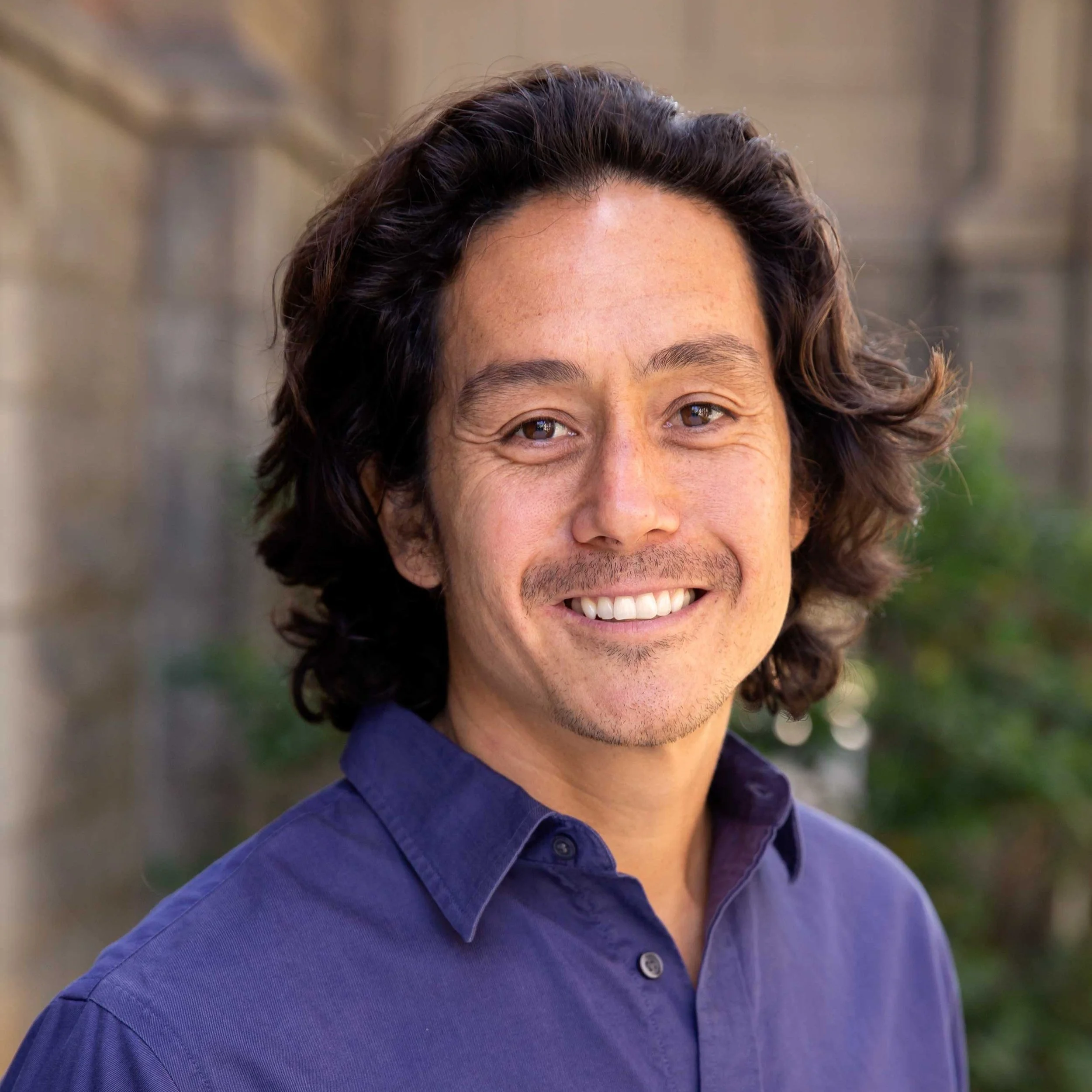Targeting is a central challenge in the design of humanitarian programs: given available data, how does one identify the individuals and households with the greatest need for assistance? Here we show that machine learning, applied to non-traditional data from satellites and mobile phones, can improve the targeting of anti-poverty programs. Our analysis is based on data from three field-based projects—in Togo, Afghanistan, and Kenya—that illustrate the promise, as well as some of the potential challenges, of this new approach to targeting. Collectively, the results highlight the potential for new data sources to improve humanitarian response efforts, particularly in crisis settings when traditional data are missing or out of date.
Joshua Blumenstock is a Chancellor's Associate Professor at the U.C. Berkeley School of Information and the Goldman School of Public Policy. He is the Co-director of the Global Policy Lab and the Center for Effective Global Action. Blumenstock does research at the intersection of machine learning and empirical economics, with a focus on how novel data and technology can better address the needs of poor and vulnerable people around the world. He has a Ph.D. in Information Science and a M.A. in Economics from U.C. Berkeley, and Bachelor's degrees in Computer Science and Physics from Wesleyan University. He is a recipient of awards including the NSF CAREER award, the Intel Faculty Early Career Honor, and the U.C. Berkeley Chancellor's Award for Public Service. His work has appeared in general interest journals including Science, Nature, and Proceedings of the National Academy of Sciences, as well as top economics journals (e.g., the American Economic Review) and computer science conferences (e.g., ICML, KDD, AAAI, WWW, CHI).

